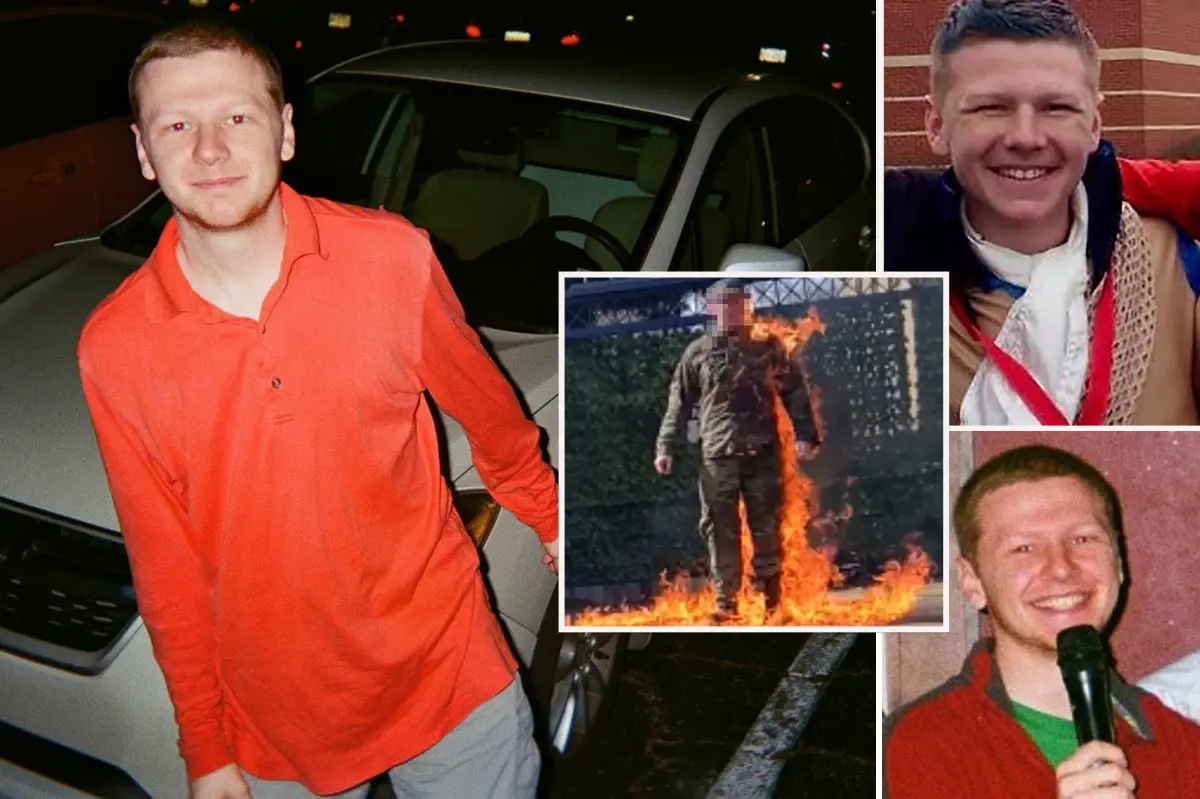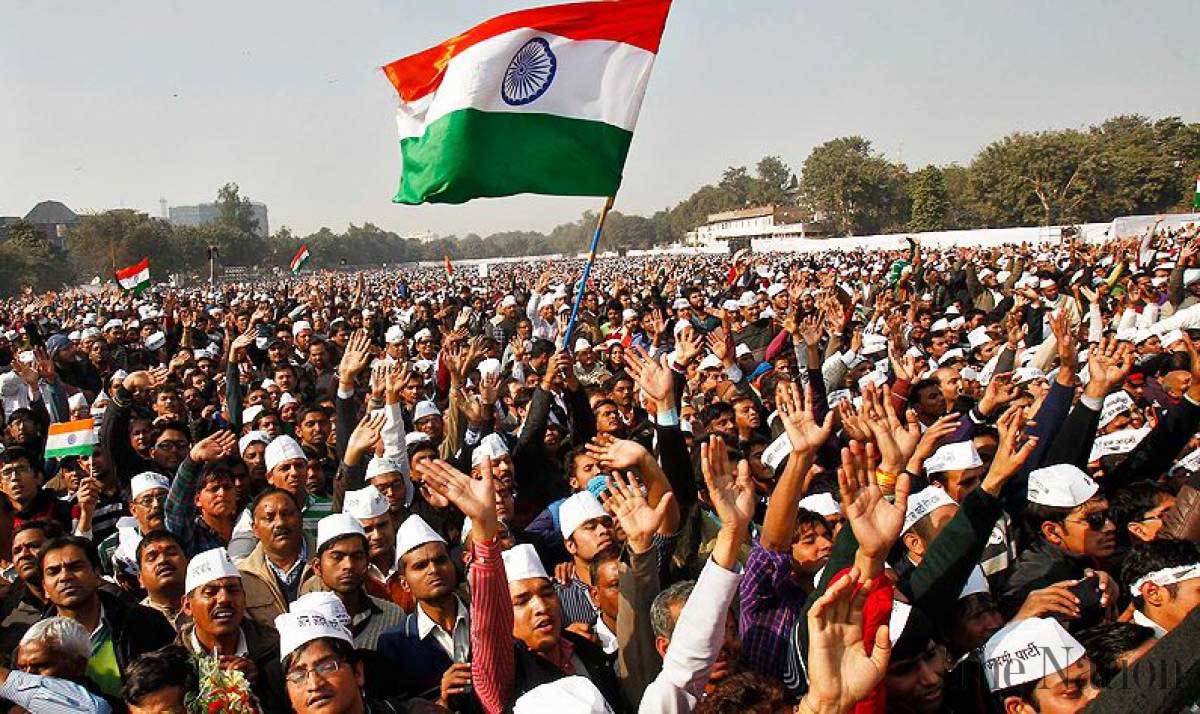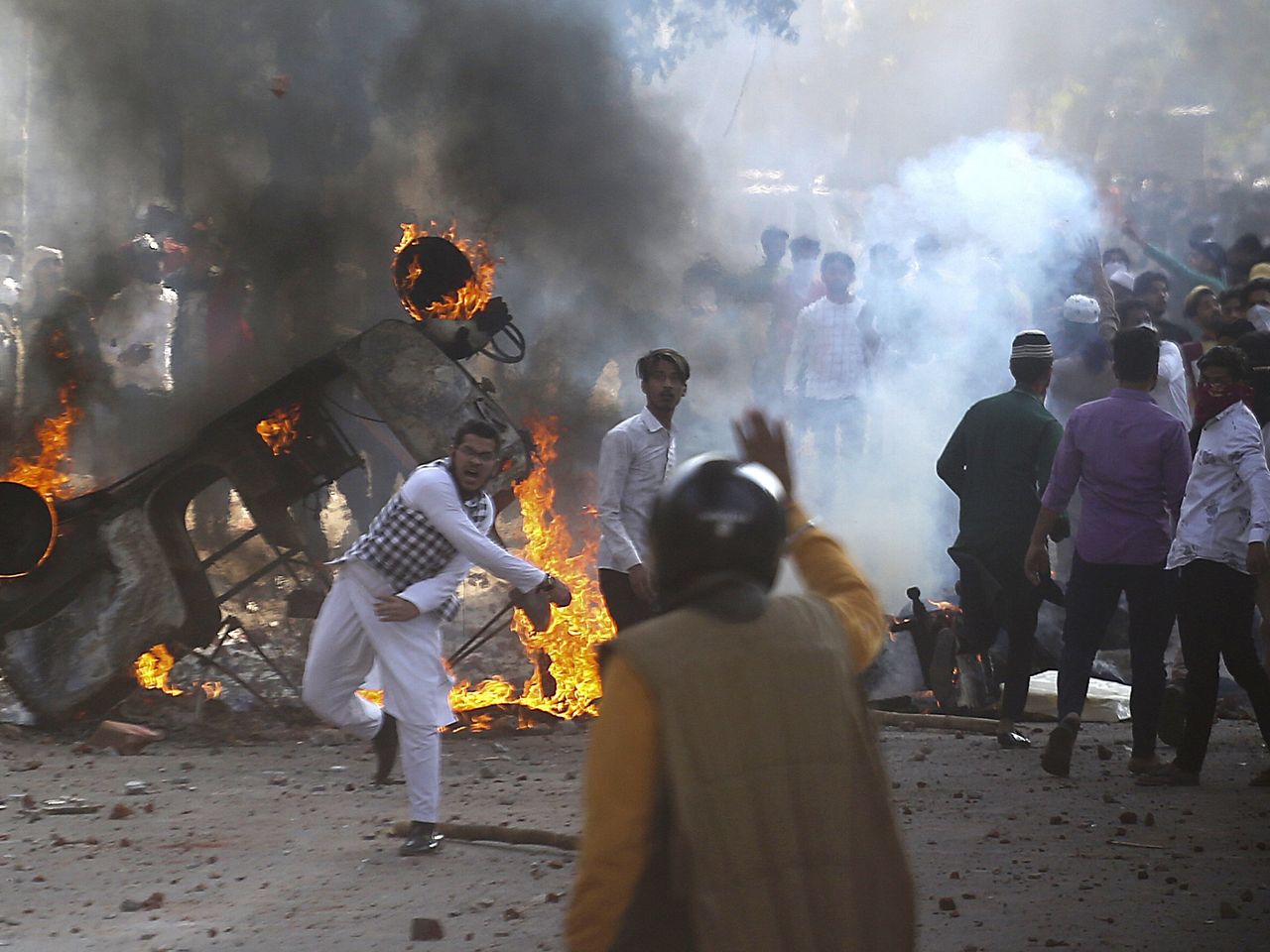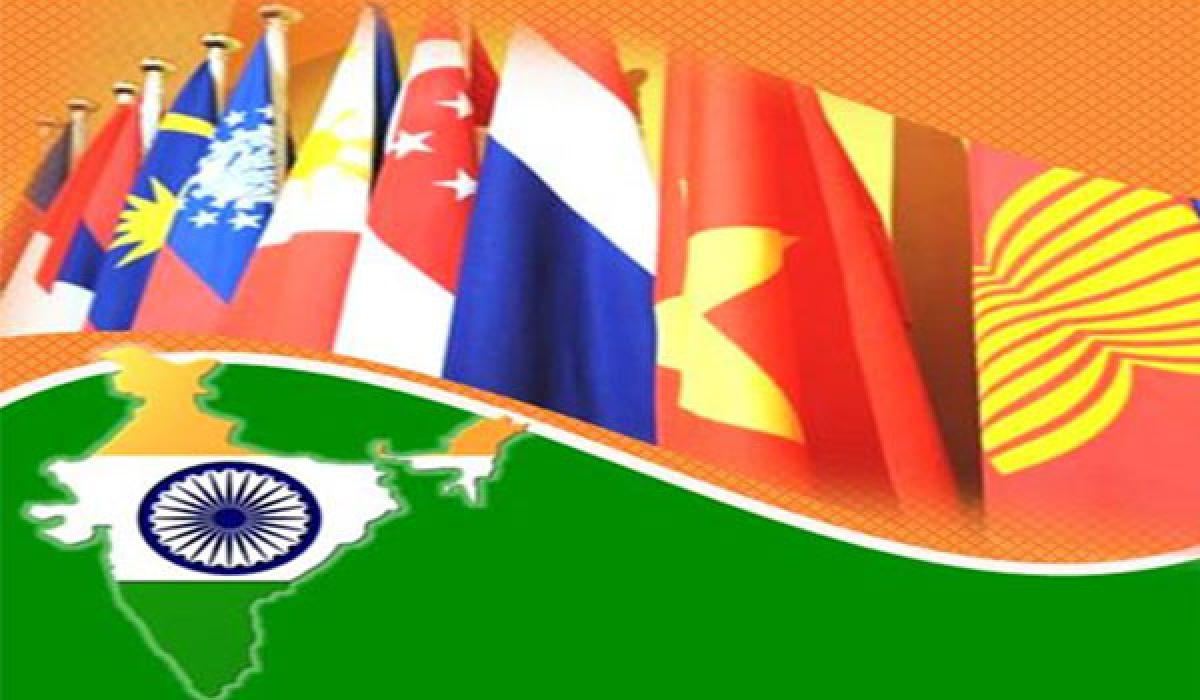Aaron Bushnell, a senior airman in the United States Air Force, self-immolates to highlight the potential of individual protest against injustice in a world too frequently marked by political indifference and detachment. February 25, a typical Sunday, saw Bushnell approach the Israeli embassy in Washington, DC, and set himself on fire, announcing to the world his radical gesture of support for the Gazan people. “Free Palestine,” his last words, struck a deep chord with millions of people around the world who have been vehemently denouncing the ongoing carnage in Gaza. Bushnell, who is only 25 years old, disproved the notion that people in his generation are indifferent by proving that they are not only knowledgeable but also actively involved in important protest movements.
Bushnell’s deed is comparable to other demonstrations that changed the course of history. Vietnamese Buddhist monk Thich Quang Duc burned himself alive in 1963 in Saigon as a protest against the South Vietnamese government’s and US forces’ persecution of Buddhists. Similar to this, the self-immolation of street vendor Tarek El-Tayeb Mohamed Bouazizi in Tunisia in 2010 ignited the Arab Spring movement, which overthrew repressive governments throughout the Middle East. These desperate actions demonstrate the significant influence that personal sacrifice has on world events.
Bushnell’s self-immolation is tragic because it shows how disconnected he is from the Gaza situation and how little he shares with the Palestinian people. This reveals his extraordinary empathy, which is becoming less common in today’s society. In his farewell speech, he denounced involvement in genocide and accused the ruling class of normalising such crimes. He admitted with humility that his deed was insignificant compared to the agony that the occupied Palestinian people go through.
Bushnell’s disappointment with military goals as a US Air Force member highlights the moral difficulty of contemporary conflict. His purported access to top-secret documents about US involvement in Gaza calls into question the accountability and transparency of the government. Whatever the truth of these allegations, it is clear that Israel’s damaging activities in Gaza are made possible by Western assistance.
With bombs going off nonstop, hundreds of Palestinians are starving as a result of the continuous violence in Gaza, which has reached catastrophic proportions. The United States of America regularly vetoes UN resolutions that demand a humanitarian ceasefire, giving Israel unflinching support. The senseless slaughter of civilians, thousands of them children, is a horrifying image of the human cost of political strife.
The US political leadership needs to reconsider its backing of Israel’s policies in light of Bushnell’s passing. His sacrifice might challenge the idea of humanity in the face of such crimes, potentially signalling a turning moment in history. But only time will tell if this tragedy becomes a significant historical footnote or if it inspires real change. Bushnell’s legacy serves as a constant reminder of the value of solidarity and the sacrifices made in the name of justice, particularly at a time when the globe is dealing with the fallout from geopolitical wars. We must work to create a more compassionate and just world for coming generations as we pay tribute to his memory.








